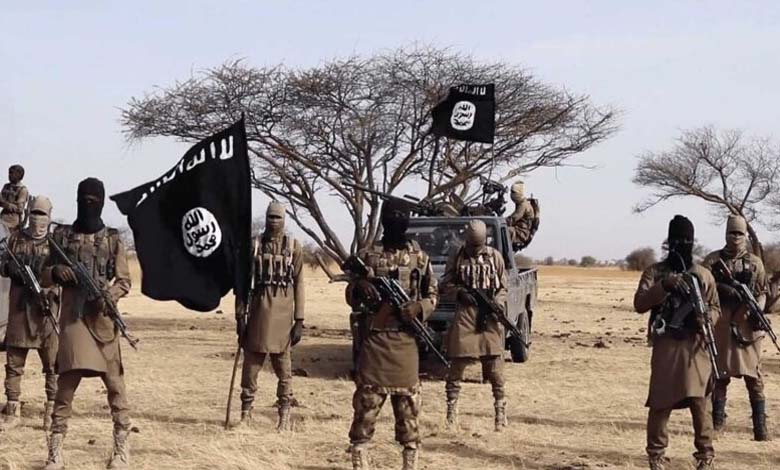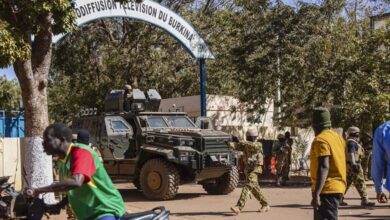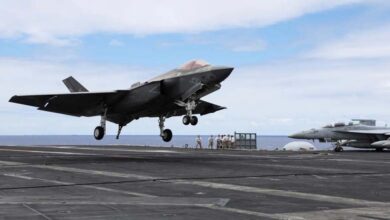What are the Reasons Behind the Increase in ISIS Activity in Africa and What are the Scenarios for its Defeat?

ISIS has increased its presence in Africa, particularly in regions such as Sub-Saharan Africa, the Sahel, and Somalia, creating local security threats on the continent and drawing international attention as the group tries to revive its influence.
-
Is South Africa the Financial Hub for ISIS in Africa?
-
After shifting its weight to Africa, could Somali Abdulkadir Mumin become the next leader of ISIS?
A report published by “Independent Arabia” attributed this rise to several strategic reasons. The group sought to expand into new geographical areas to compensate for its losses in the Middle East and continue its ideology of “global jihad.” Africa became an attractive region for ISIS due to factors such as political instability, weak governmental structures, vast rural areas, and widespread poverty and ignorance across the continent. Additionally, alliances and cooperation with local terrorist organizations allowed it to quickly strengthen its presence.
According to the report, ISIS enjoys a strong presence in Sub-Saharan Africa and the Sahel, where affiliated groups in countries like Mali, Niger, Burkina Faso, and Chad commit acts of violence against both local security forces and civilians. These groups create fear and instability using methods such as kidnappings, assassinations, and bomb attacks, particularly in northern Mali and Niger.
-
“Land of Migration and Jihad”: ISIS turns Africa into a new front for international terrorism
-
Political Analyst: Failure to Resolve the Niger Crisis Escalates Unrest in West Africa
Weak governmental structures, inadequate security measures, and vast rural areas in the Sahel make it easier for ISIS to strengthen its power in the region. Furthermore, cooperation with other terrorist groups active in the area enhances the logistical and operational capacities of ISIS. For example, its alliance with Boko Haram has increased ISIS’s effectiveness in Nigeria and surrounding regions.
The report also indicates that Somalia has become a significant base for ISIS, where groups affiliated with the movement, operating in the southern parts of the country, compete with other extremist groups such as Al-Shabaab. This competition leads to increased violence and civilian casualties in the region.
-
Limited Options: Escalating Crisis in Niger and New Conflict Eruption in Africa
-
What are the implications of rising terrorism in Africa on Europe? An expert answers
ISIS has complex relationships with other terrorist organizations in Africa. While it forms alliances with some groups, it also competes with others, as seen with its rivalry with Al-Shabaab in Somalia. In contrast, ISIS has formed an alliance with Boko Haram in Nigeria and surrounding areas.
The report concludes that the future structure of ISIS in Africa depends on several factors, including political stability in the region, security measures taken by local governments and the international community, and the internal dynamics of the group. All these factors will determine the future of ISIS in Africa.












